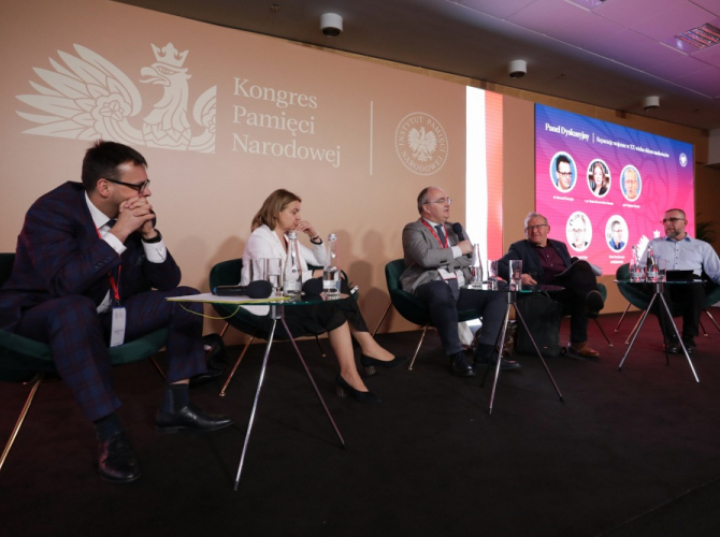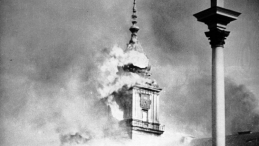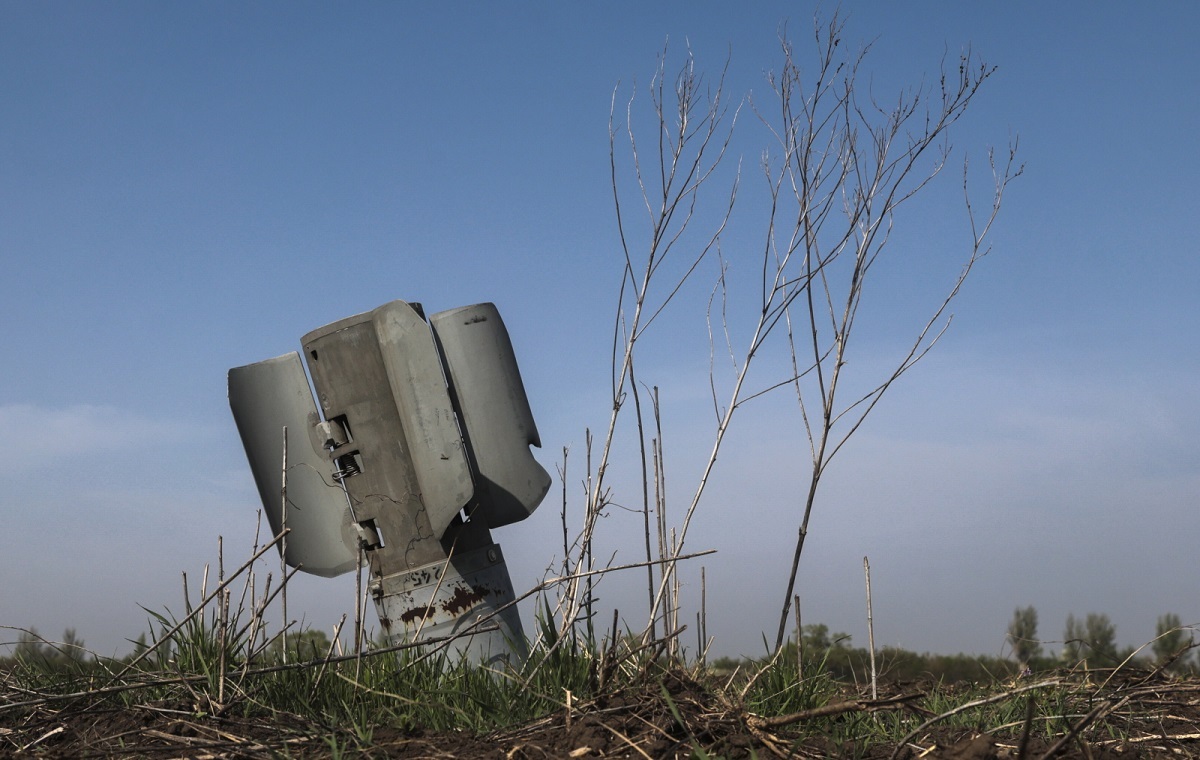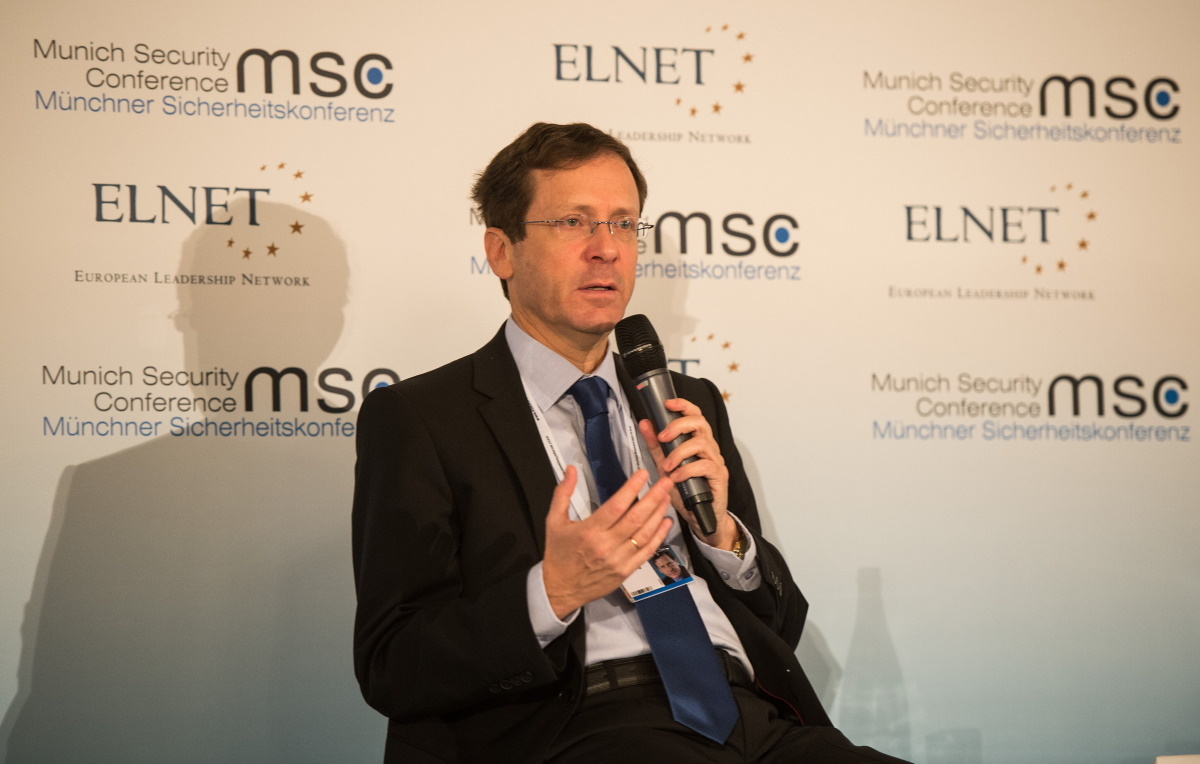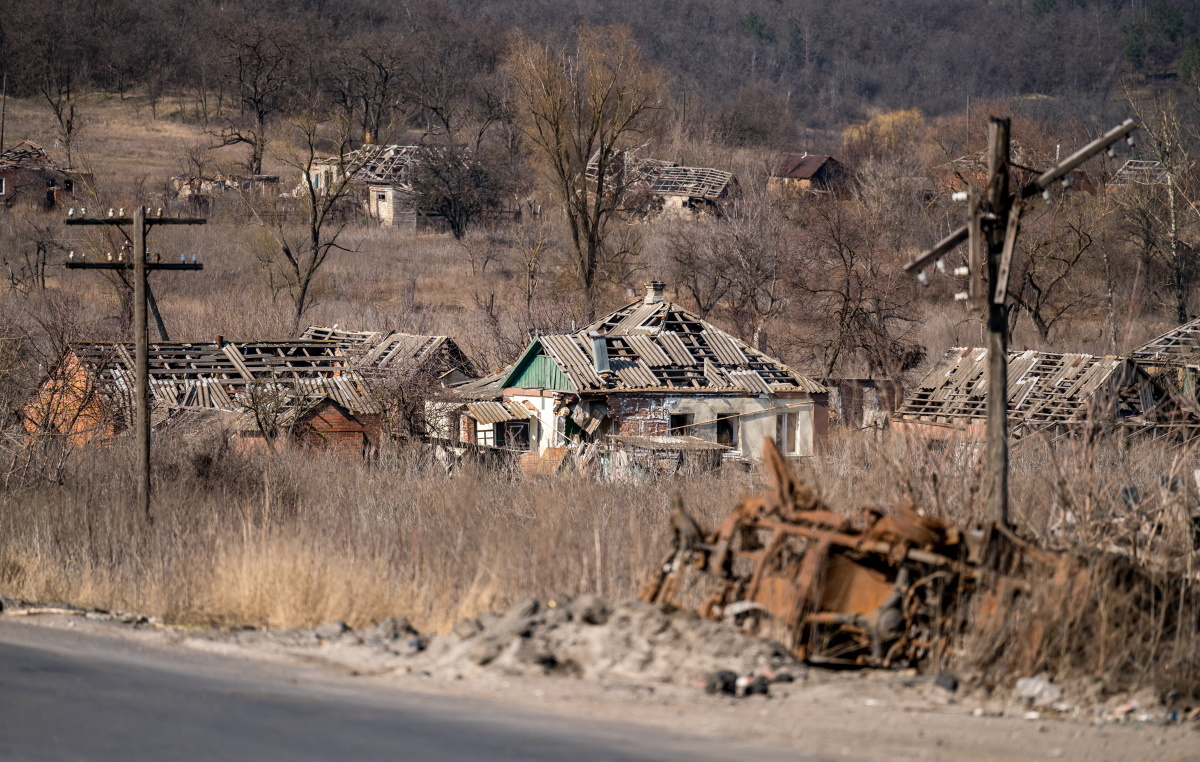After World War II, Germany made reparations agreements with all European countries except Poland. They realized that Poland owed a lot; much larger than in other European countries – assessed prof. Bogdan Musiał during the debate on reparations in the 20th century.
Friday’s debate “War reparations in the 20th century from a scientist’s point of view” was attended by: historian prof. Bogdan Musiał, Dr. Krzysztof Rak (Polish-German Cooperation Foundation), Dr. Konrad Graczyk (IPN) and attorney Beata Komarnicka-Nowak. The moderator is journalist Rafał Dudkiewicz.
“After World War II, Germany concluded reparations agreements with all European countries except Poland. Germany was aware that they would have to pay huge sums to Poland. The scale of losses was far greater than that of any other country in occupied Europe. In the summer of 1970, even before diplomatic contacts between West Germany and the Polish People’s Republic, prepared for Chancellor Willy Brandt, various variants were prepared to estimate the amount of reparations they might be able to offer Poland. Poland’s interests were taken into account. German reconciliation is fiction. Today, in the face of the ongoing war in Ukraine, we can see the effect of +Ostpolitik+” – says historian Prof. Bogdan Museum.
“There is a possibility of legal rehabilitation by German courts at least some of the Poles killed under the court decisions of Nazi Germany” – he added.
“It should be recognized that Poland, which was the first and one of the greatest victims of the war, not only did not receive compensation, but paid this compensation to the Soviets. This is an indisputable issue. At the beginning of the 20th century the Sejm of the Republic of Poland requested eight Polish lawyers to clarify whether Bierut waived reparations from Germany in 1953. Two of them, Prof. Jan Sandorski and Prof. Mariusz Muszyński, confirmed that Bierut’s decision was illegal, and most Polish experts in international law did not repeal the August 1953 decree, giving arguments to the Germans +Let’s forget history and have casuistic fun+ this is the reasoning of some Polish elites regarding reparations from Germany. power in Germany.”
He cautioned that one of the few groups in Poland who received modest financial compensation under Germany were victims of quasi-medical experiments. It happened that at the turn of the 1960s and 1970s, apart from them, only a few former prisoners of concentration camps and a few of the thousands of people deported to hard labor in the Reich received compensation.
Dr. Graczyk: After World War II, the Allies rejected any form of payment of reparations by Germany in currency. It was assumed that the reparations should be moderate, that they would not cover all war losses. In addition, it was feared that severe reparations could increase German support for anti-democratic and neo-Nazi forces. Poland would receive reparations through the Soviet Union, as Poland was not a party to the Potsdam Agreement.
“After World War II, the Allies rejected any form of payment of reparations by Germany in currency. It was assumed that the reparations should be moderate, however they would not cover all war losses. In addition, it was feared that heavy reparations could increase Germany’s amount of support for anti-democratic forces and neo-Nazis. Poland was supposed to receive reparations through the Soviet Union, as Poland was not a party to the Potsdam Agreement. As part of the reparations collected from the Soviet-occupied German zone – which formed the GDR from 1949 – Poland received very little. A symbolic example is the printing six million copies +classics of Marxism and Leninism+. We must also mention the chemicals, chemical reagents and motorcycles that we received from the east, communist Germany” – said Dr. Graczyk.
“The Soviets struck a balance by claiming that they lost in the transfer of the Western Territories to Poland after 1945. So the so-called compensation took place, mainly through the supply of coal from Polish mines to the Soviet Union. Let me give another example: Two thousand locomotives were captured in the Territories West.Soviet calculated its value from reparations to Poland, so we had to pay for it in coal.I will add that some of these were steam locomotives looted by Germany,belonged to PKP before the war.So Poland had to pay for its own property restored after the war.This proves that the reparations agreement for Poland was +guaranteed+ by the Soviet Union” – added the historian of the National Memorial Institute.
“If I had to define it from a legal point of view, the declaration of August 23, 1953 on Poland’s refusal of reparations from Germany was an international unilateral act of repudiation. In the opinion of international law experts, Prof. Jan Sandorski , who made a complete analysis of this declaration, that it was invalid ab initio – from the start it did not and still does not give rise to legal effect, being burdened with the flawed declaration of intention The Government of the People’s Republic of Poland was supposed to cancel reparations with this declaration from 1 January 1954. The German side in scientific studies for the Bundestag currently refers to it. The validity of this statement was confirmed in 2004 by the government of Prime Minister Belka” – explains Lawyer Komarnicka- Now.
The National Memories Congress is an event organized by the National Memories Institute at PGE Narodowy on 13-15 April 2023. The motto of the event is “History speaks from generation to generation”.
During the three-day session, there will be a total of 26 discussion panels devoted to the history of Poland and Central Europe in the 20th century with the participation of Polish and foreign historians, journalists, bloggers and representatives of institutions dealing with the study of totalitarianism and commemorating their victims. (PAP)
Author: Maciej Replewicz
sir/clap/

“Reader. Future teen idol. Falls down a lot. Amateur communicator. Incurable student.”

